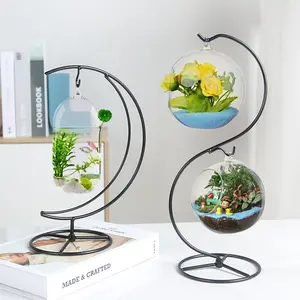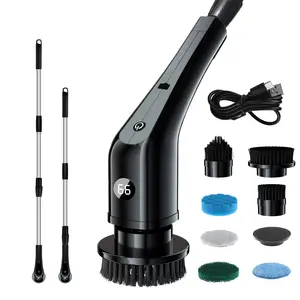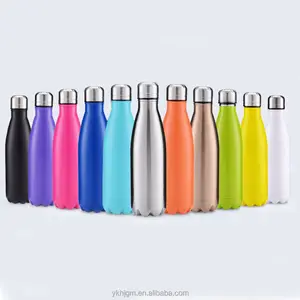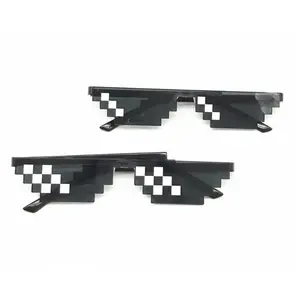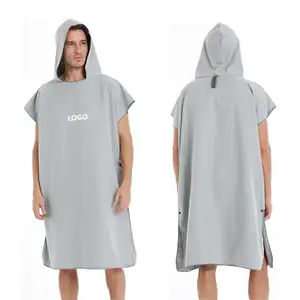Popular in your industry










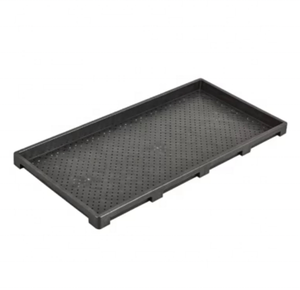


































Related Searches:














































































































Top categories
About cells plastic seedling trays
Introduction to Cells Plastic Seedling Trays
Plastic seedling trays with individual cells are essential tools in the agricultural and horticultural sectors. These trays facilitate the initial stages of plant growth, from seed planting to the seedling phase, before transplantation. Designed to enhance the efficiency of seed germination, cells plastic seedling trays are crafted to cater to various plant species and sizes, providing an organized approach to plant cultivation.
Types and Materials
The diversity in cells plastic seedling trays is evident in their materials and cell counts. Common materials include polystyrene (PS), polyethylene terephthalate (PET), and polypropylene (PP), each offering unique benefits. PS trays are known for their rigidity, PET for its clarity and recyclability, and PP for its durability and resistance to chemicals. The choice of material impacts the tray's longevity, recyclability, and suitability for different environments.
Applications and Features
Seedling trays with cells are not limited to a single use; they are versatile in application, serving various functions such as seed planting, seed growth, and seed nurseries. Features such as drainage holes, flexibility, and the ability to stack make these trays indispensable in modern propagation techniques. Their design ensures uniform growth, efficient space utilization, and ease of handling.
Advantages of Using Seedling Trays
Utilizing plastic trays for seedlings offers numerous advantages. They promote better root growth and make handling seedlings easier, reducing transplant shock. The cell structure minimizes root entanglement, allowing for healthier plants. Moreover, these trays are reusable, representing an eco-friendlier option compared to single-use alternatives.
Environmental Considerations
The environmental impact of plastic propagation trays is mitigated by the use of biodegradable materials and the trays' reusability. Manufacturers are increasingly focusing on creating products that balance plant cultivation needs with ecological responsibility, leading to innovations in biodegradable and compostable tray options.
Choosing the Right Tray
Selecting the appropriate seedling tray with cells depends on specific plant requirements, such as root space and moisture needs. The number of cells per tray can vary, affecting the volume of soil and the spacing of seedlings. This choice is crucial for the development of strong, healthy plants ready for successful transplantation.
